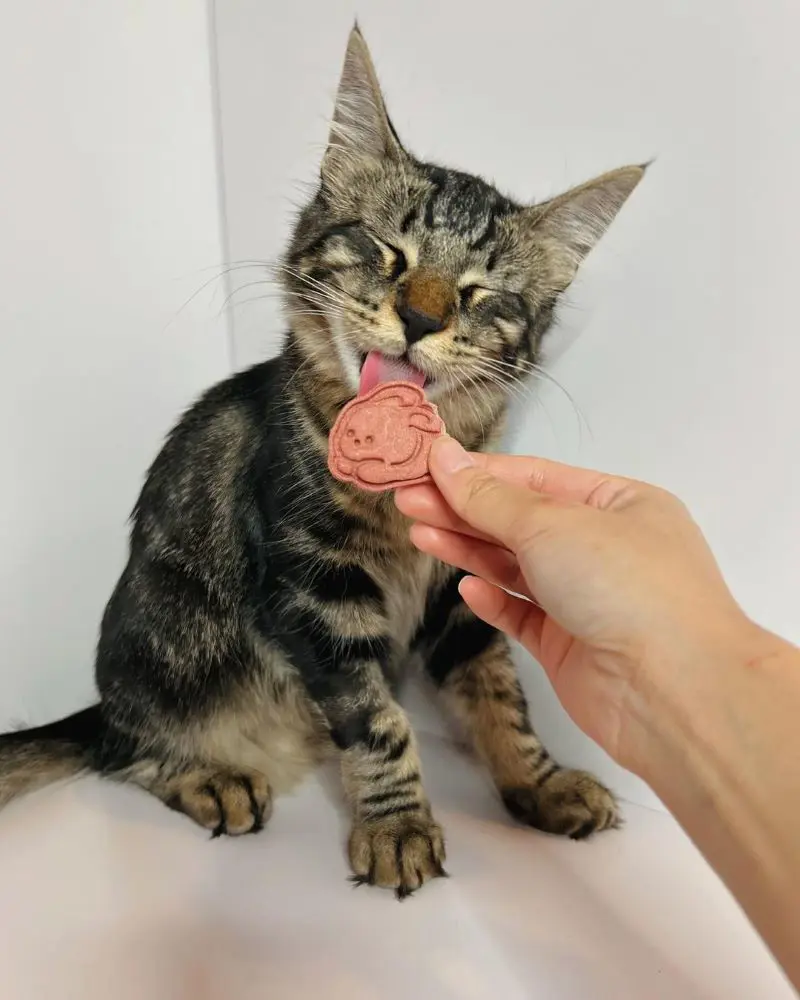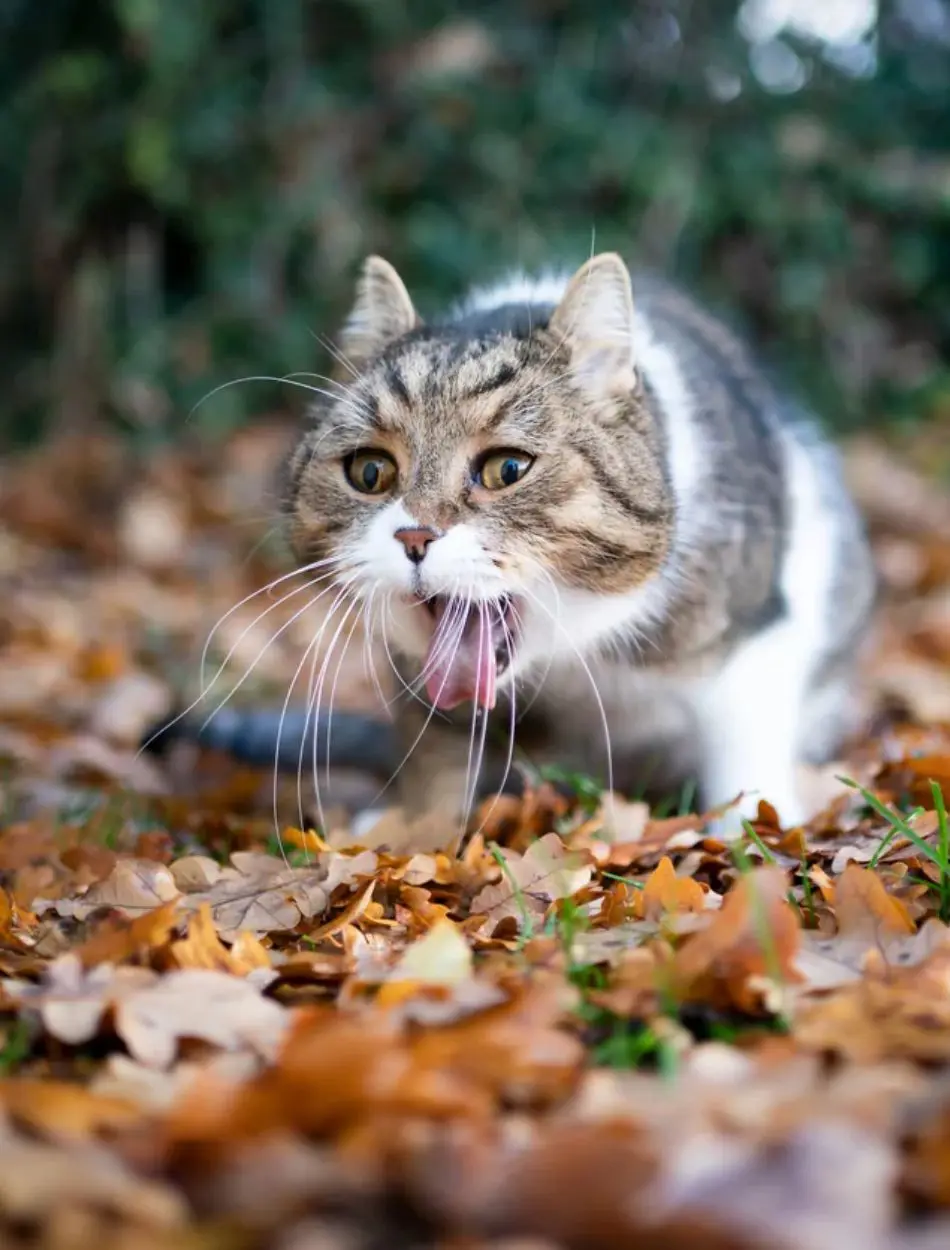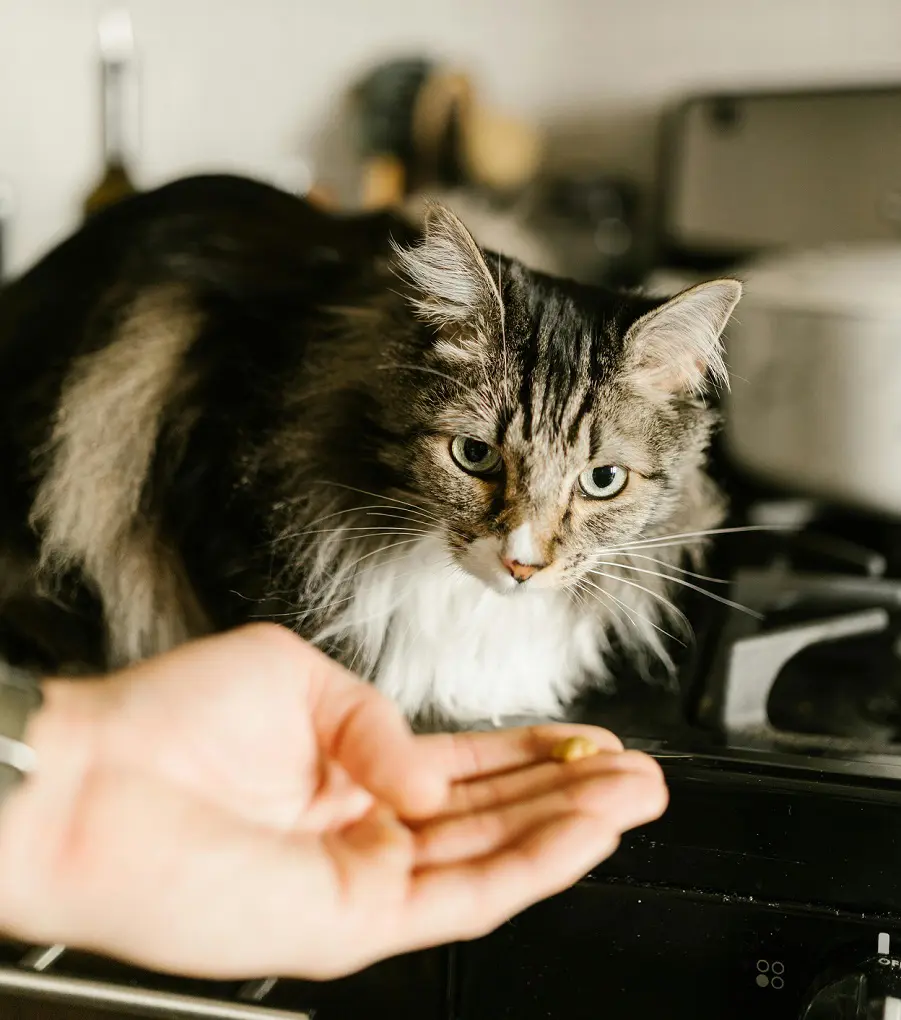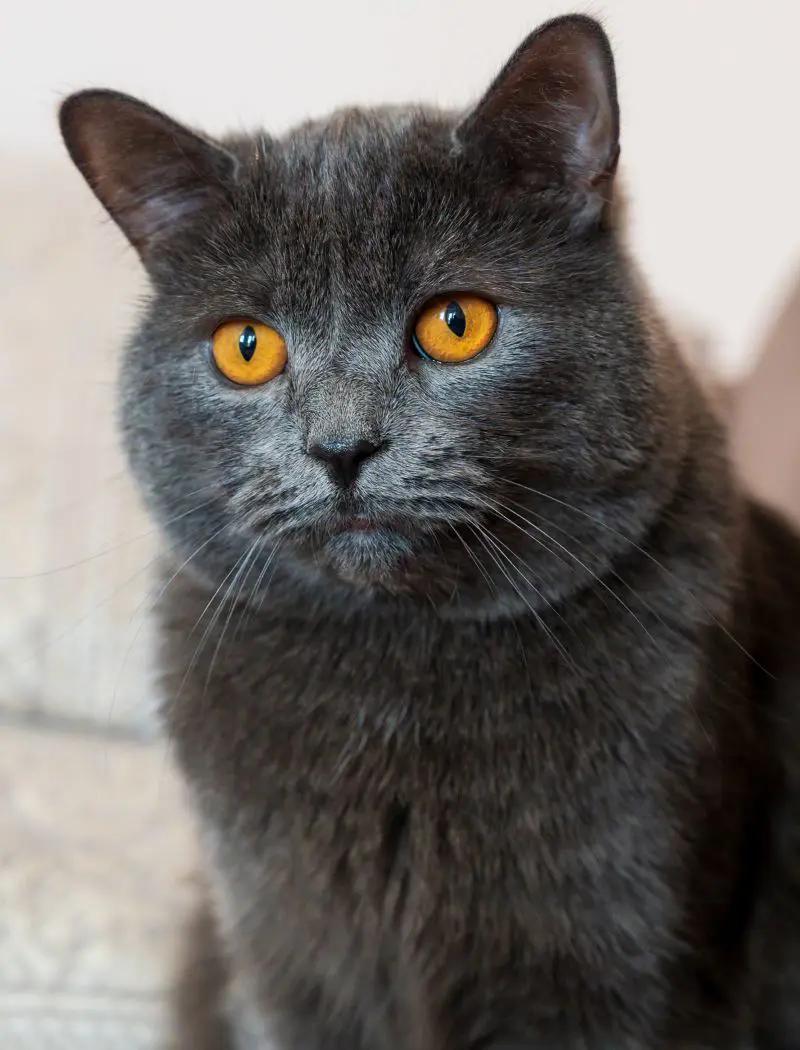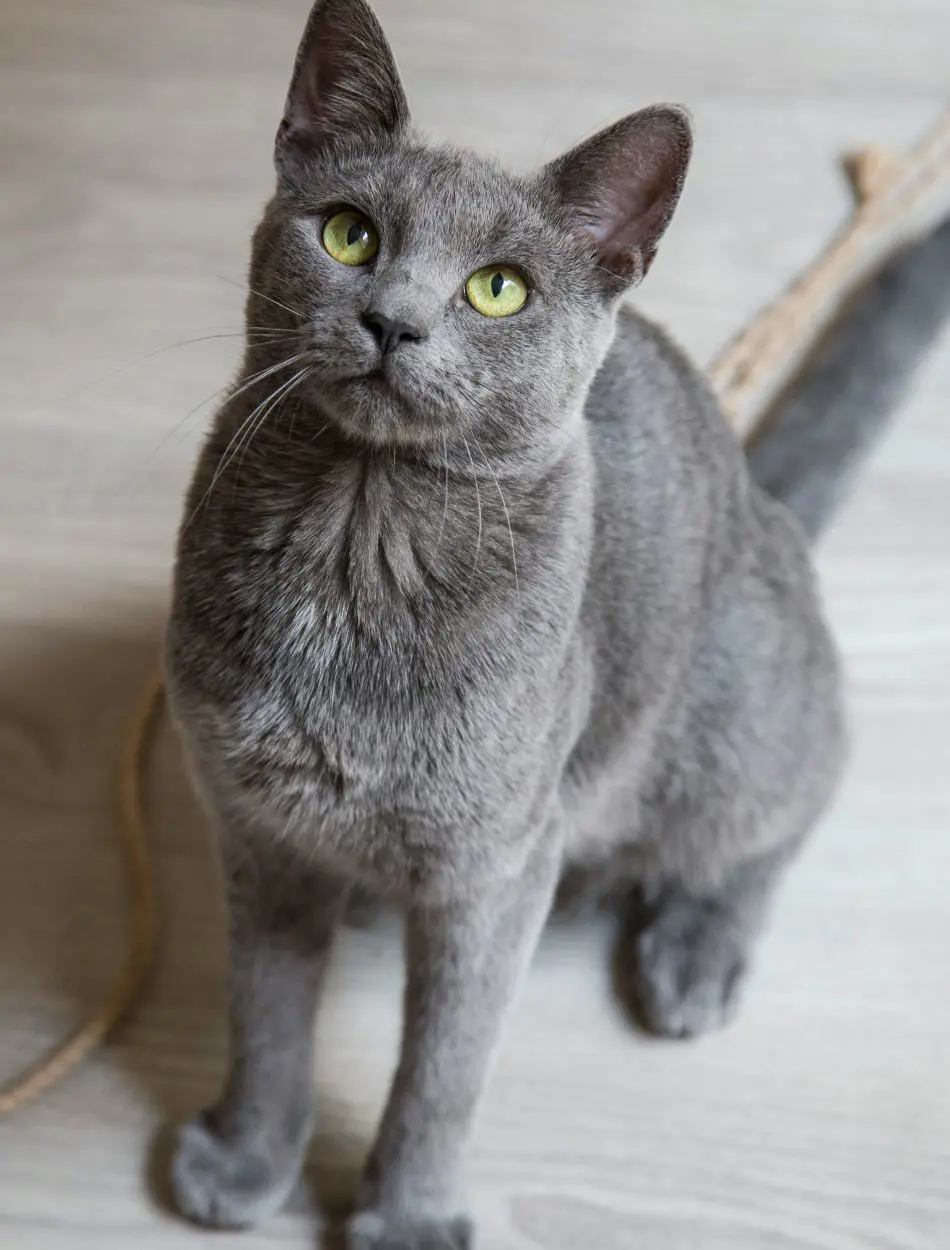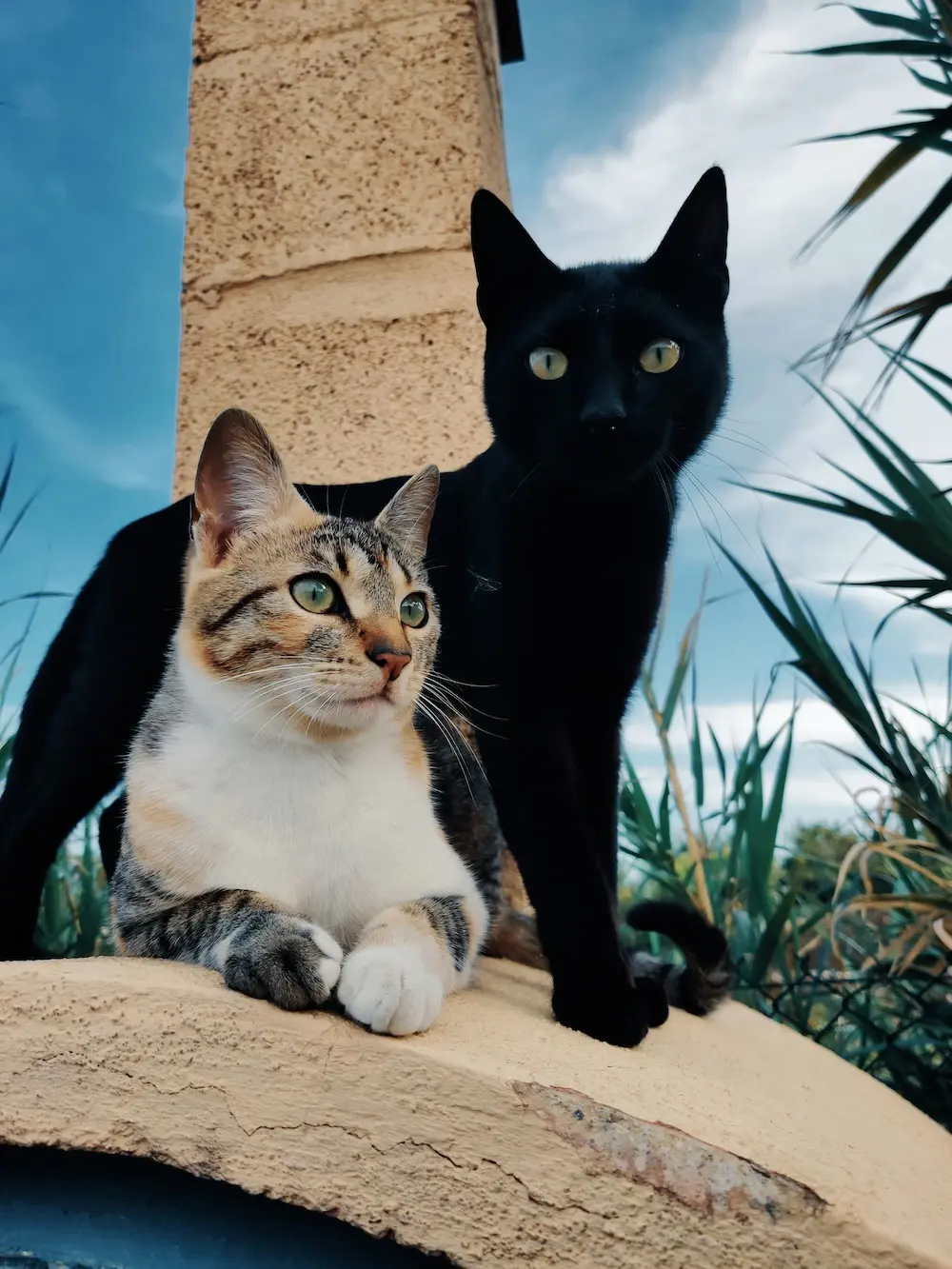Why Is My Cat Losing Weight? 18 Common Reasons
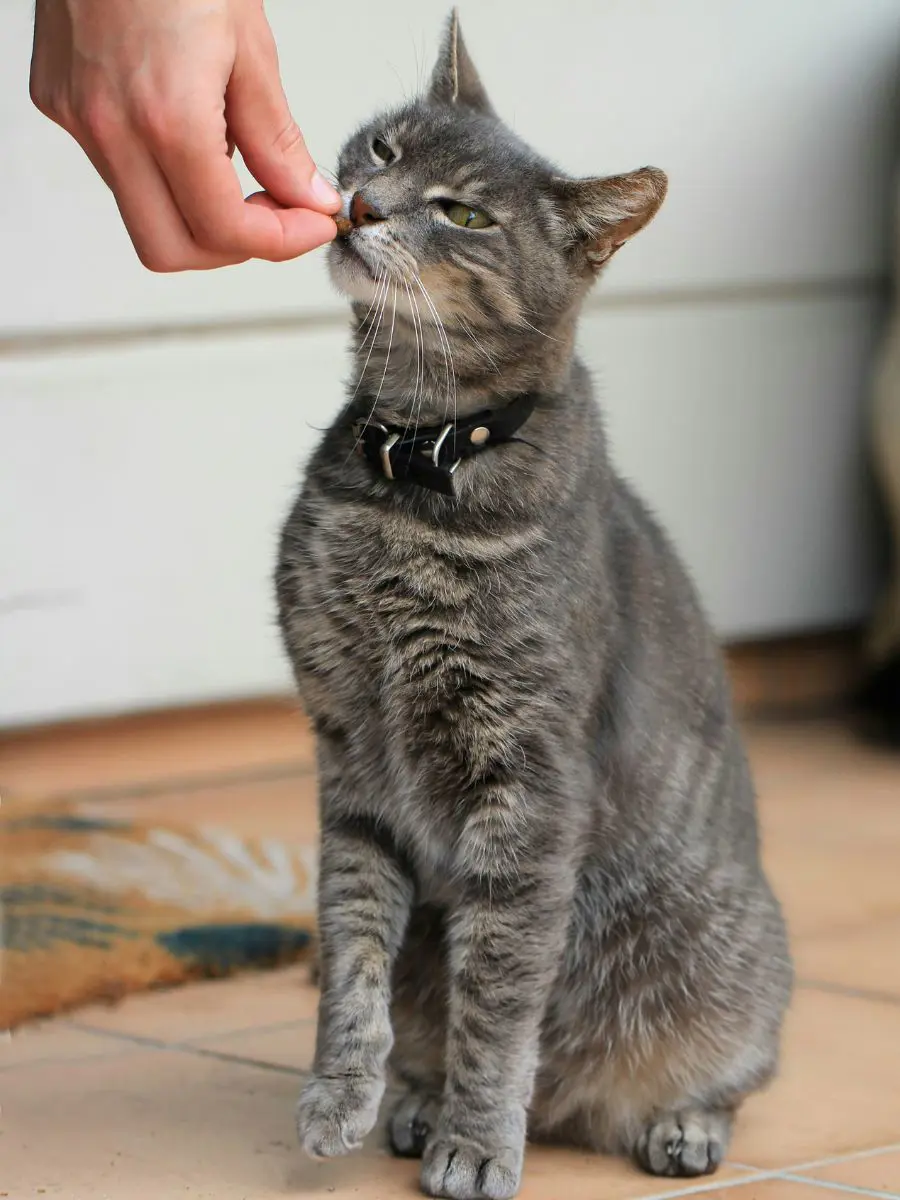
Noticing your cat losing weight unexpectedly can be concerning. Weight loss in felines results from different factors, which range from simple and food-related to serious and medically important.
These may include something very simple or even very complex, such as painful mouth conditions that restrict eating due to hyperthyroidism, diabetes mellitus, and renal disease. Any change, such as a new pet in the house or just a change in routine, stresses the domestic pet very much, leading to a reduction in appetite followed by a loss of weight.
1. Poor Diet
Poor eating is a major reason most cats lose weight, but most pet owners fail to note it, if felines want to be healthy and maintain their ideal body weight, they need to consume a balanced diet with lots of proteins, vitamins, and minerals.
While your pet may seem to adore its food then also it could actually start losing weight if it's not given enough nutrition. As obligate carnivores, felines need a high quantity of meat in their diets. Low-quality pet foods, those having fillers and by-products high up in the ingredient list, provide generally bad nutrition, which will leave the feline emaciated over time.
Regular weighing can help in the prevention of weight gain and give an overall improvement to your cat's health by making appropriate dietary changes.
2. Dental Problems
Cats may lose a lot of body weight since their dental problems hurt and make them difficult to feed. Some common problems related to the dental area include Gingivitis, Periodontal disease, and Tooth abscesses. A feline in pain in the mouth may choose not to eat or reduce its eating, resulting in weight loss over time.
Routine checkups may detect and correct any dental problems with pets even before they get out of hand. Treats offered to the feline and flashlight checking can always correct dental problems in cats. Some examples include bad breath.
In case you note any sign from your veterinary healthcare professional that your pet has problems with its dental formula, do not hesitate to consult him.
3. Parasites
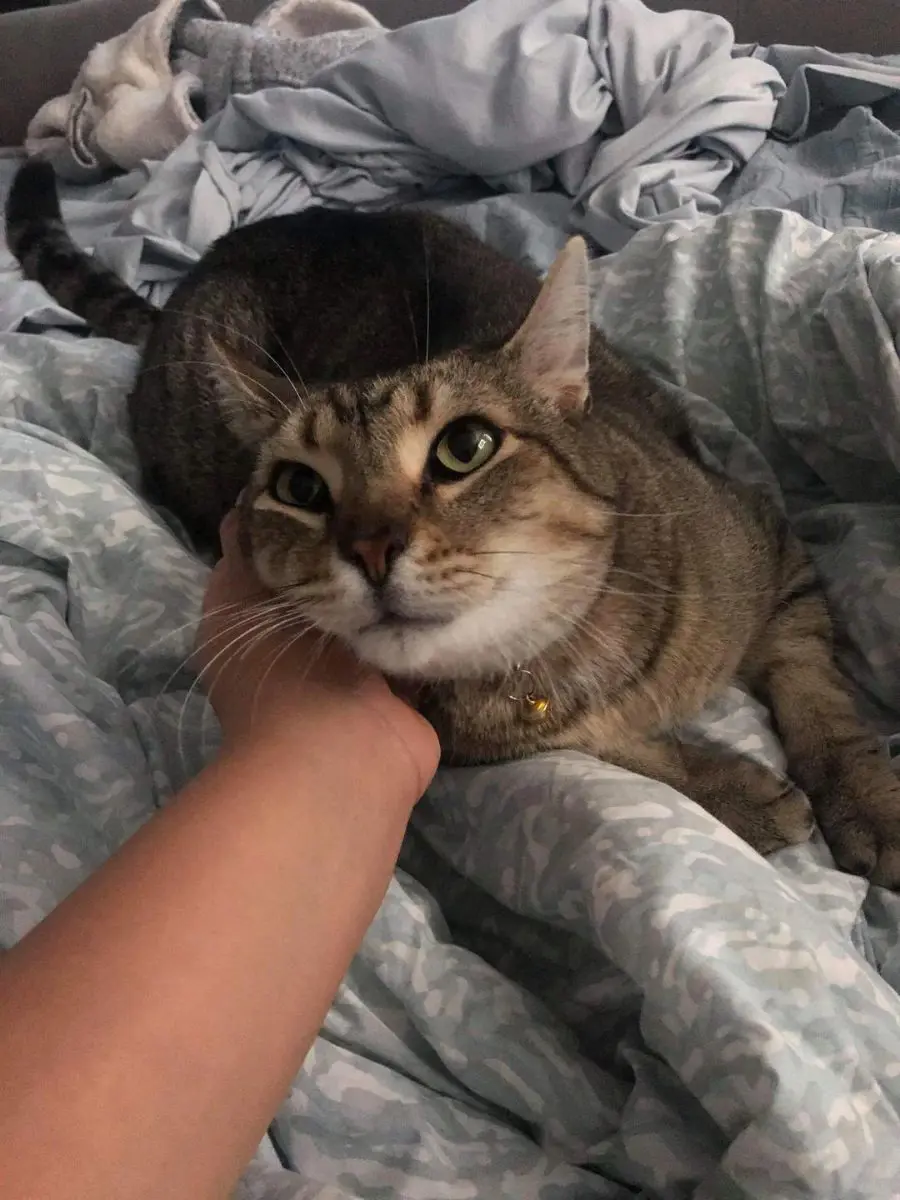
Another major reason for weight reduction in cats is usually parasites: the internal ones like roundworms, tapeworms, and hookworms that lodge inside the pet's body and prevent the absorption of nutrition.
These worms also eat the same food that your feline has in its intestines. Your cat will lose weight, among other symptoms. This means that deworming should be regularly attended to.
Most pet doctors suggest deworming on a regular basis to keep adults and kittens free from parasites. Good environmental cleanliness and staying away from infected animals will further reduce the chance of such parasites entering their systems.
4. Diabetes
Feline diabetes is the key reason behind sudden weight loss in cats. The animal's body cannot basically respond or produce the insulin hormone. Meaning there will be high amounts of sugar in the blood as a result.
Such a kind of disease is characterized by severe weight loss, especially in cats with normal or even increased appetite. Diabetes is characterized by weight loss and is associated with normal or increased appetite.
Treatments mainly include insulin medication and are usually accompanied by dietary changes and regular monitoring of the blood sugar level in diabetic cats, watch for excessive thirst, frequent urination, and unexplained weight loss. If you notice these signs, you will be looking for early detection, so see veterinary care for diagnosis and treatment of diabetes.
5. Hyperthyroidism
It is common in older cats and can be characterized by the overproduction of thyroid hormones, which regulate metabolic rate. This results in very fast weight loss despite an increased appetite because the body burns through the calories much faster than usual.
Other common features in felines that suffer from this disease include increased thirst, hyperactivity, and poor coat condition. A physical examination and blood tests mostly accompany a diagnosis of hyperthyroidism. Blood tests will allow for knowledge of the thyroid hormone levels, and if they are high, they confirm the diagnosis.
Daily medications keep this hormonal production in balance. Radioactive iodine therapy is more permanent since it really damages the overactive thyroid tissue.
6. Kidney Disease
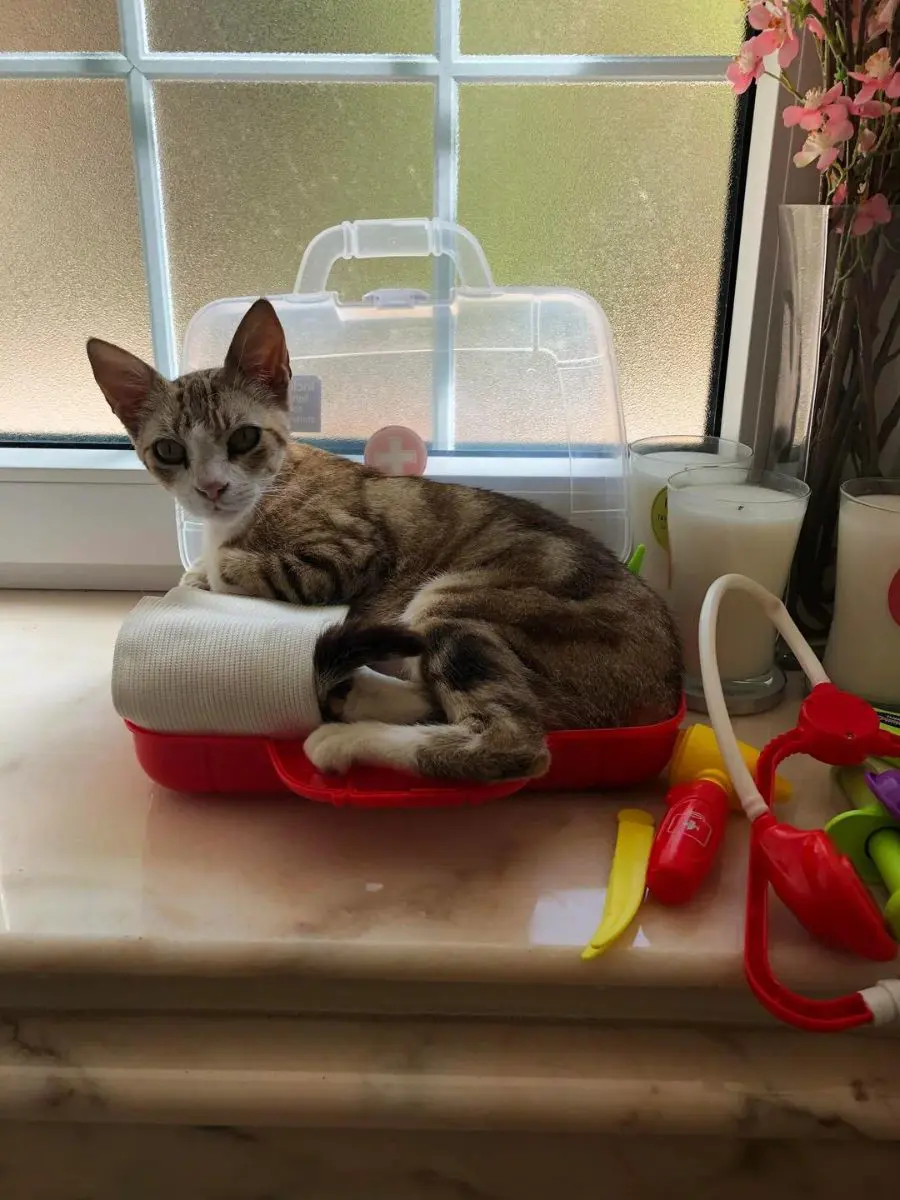
As a natural function, the kidneys filter waste products from the blood and maintain fluid balance with electrolytes. Therefore, malfunctioning kidneys means that these components are not filtered out, which begins the accumulation of toxic waste products within the body.
One of the common diseases in senior cats is kidney disease. This majorly results in weight loss due to impairment of normal body functions. Some symptoms, like a decrease in appetite, nausea, and weight loss, start showing up.
Most kidney diseases are treated symptomatically, with retardation of progression. This is a most dietary adjustment on the basis of a specially formulated diet that places less workload on the kidneys and helps in the symptomatic management of electrolyte imbalance.
7. Liver Disease
The liver detoxifies the blood, produces bile for digestion, and warehouses nutrients. If it is diseased, this important work cannot be done, it goes on into acute anorexia with vomiting and emaciation.
Jaundice is one of the most common presentations of liver diseases. It characterizes yellow discoloration of the skin and eyes. Infections, toxins, and metabolic disorders can increase bilirubin in an organism. Dietary changes are usually recommended, starting with a high-quality and liver-supportive diet that does not burden the already compromised organ.
A series of tests is usually used to diagnose liver disease. Blood tests are conducted to establish the level of liver enzymes and, hence, indicate the general state of the organ.
8. Cancer
Weight loss is one of the major consequences of cancer in cats. Many kinds of cancer, especially Lymphoma, affect the pwt's appetite and absorption. Some forms of these tumors prevent felines from eating properly due to the pain and discomfort they cause.
It could be a location of this cancer in any tissue and organ of the body, for example, in the digestive tract, lungs, or lymphatic system, such that metabolic changes can give rise to rapid weight loss. Diagnosis of cancer requires proper veterinary examination, followed by diagnostic tests to confirm the illness.
Blood tests sometimes reveal abnormalities characteristic of cancer, such as raised levels for various markers.
9. Stress
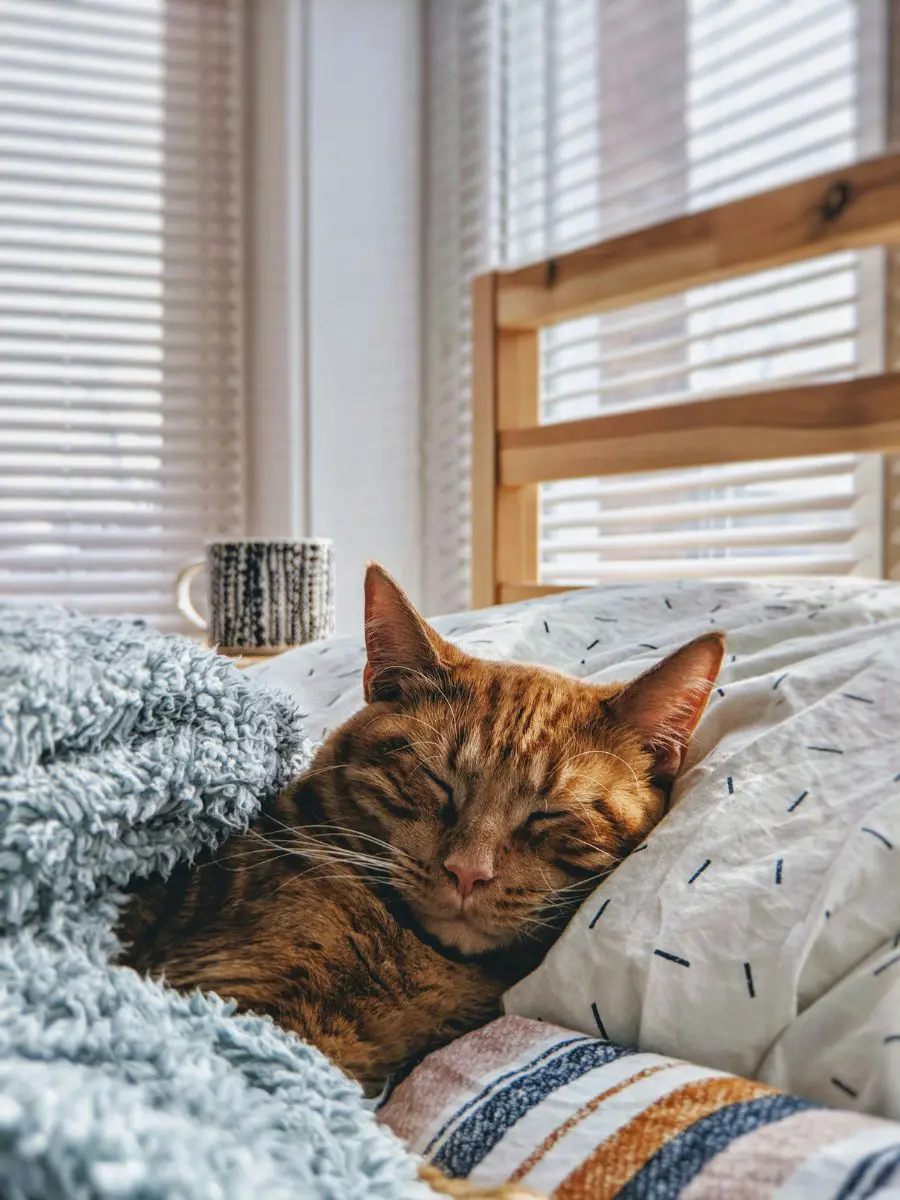
Weight loss in cats can result from stress, which leads to poor appetite and generally lowered well-being. This stress might further lead to a loss of appetite since stressed felines do not feel comfortable eating or may have problems in the gastrointestinal tract that would lead to a further reduction of food intake.
Other than that, long-term stress might result in behavioral change, such as hiding or aggression, which might add to the problem of weight loss. Common signs in cats include hiding, over-grooming themselves, vocalizing more than usual, or avoiding social contact.
Much of the coping mechanism with these stressors involves creating a stable, comforting environment. If you can provide a safe space to retreat to and keep daily routines as uniform as possible, you will significantly reduce stress. Interactive toys, scratching posts, and a little playtime can help distract attention from stress.
10. Old Age
Several physiological and metabolic alterations in the normally aging cat may be responsible for weight loss during the last few years. This drop in appetite happens with reduced energy requirement, depression of either the taste or smell senses, and systemic diseases, which are very common in advanced years, like chronic or dental diseases.
Older cats may have difficulty maintaining weight due to metabolic changes and a possible loss in muscular mass associated with normal aging. It is not only that arthritis and other age diseases may cause discomfort or pain, but they can lead to a decrease in appetite and a change in the activity level.
Diets for senior cats can provide them with the right amount of nutritional needs, which is very good for them and their health. Such diets increase the levels of proteins and other important components that increase energy and muscle mass maintenance.
11. Feline Leukemia Virus (FeLV)
FeLV, or Feline Leukemia Virus, is a dangerous viral infection that develops in a cat's immune system and has been associated with a variety of health problems. Among them is weight loss, in which FeLV zeroes in on the pet's immune system and debilitates it.
As a consequence, this makes the feline much more prone to a host of other diseases and secondary infections. At advanced stages of the virus, infection will result in chronic illness, loss of appetite, and loss of weight. Since it infects the bone marrow, anemia results, enhancing both the loss of weight and lethargy.
Treatment for FeLV is only symptomatic and supportive of the cat's immune system. No therapy will rid an animal of the FeLV virus therefore, such symptomatic care may add to the quality of an affected individual's life. It may include a decent diet, health maintenance, drugs against secondary infections, and followup health checkups by a veterinarian.
12. Food Allergies
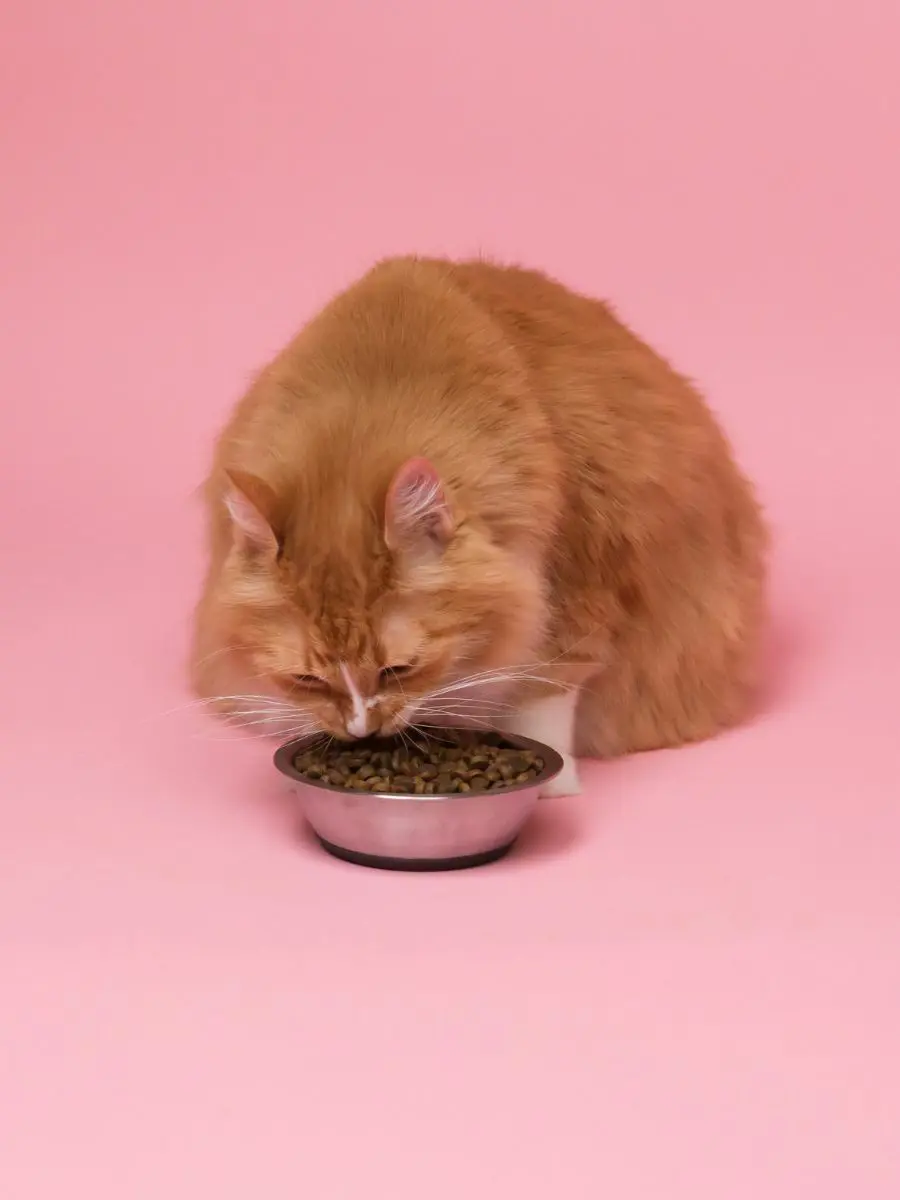
Food allergy in cats results in great emaciation due to its action on digestion and appetite. The moment a kitty becomes allergic to some ingredients in food, it misidentifies them as dangerous substances and institutes an inflammatory response.
Food allergy occurs when one purposely or accidentally takes an oral allergen. It causes gastrointestinal upset, such as emesis, diarrhea, and abdominal pain, from which a cat frequently loses its appetite, hence the loss in weight.
Systemic or generalized reactions, for example, pruritic skin associated with food allergies make an animal groom itself carelessly and unintentionally lose weight due to intake of lesser amounts of nutrients.
13. Inflammatory Bowel Disease (IBD)
IBD in cats stands for inflammatory bowel disease, it is a very serious and chronic disorder that irritates the abdominal tract. The feline's weight and digestion are both badly affected.
With the aggravating immune response, IBD mistakes the cell lining of the intestines for foreign substances to attack, leading to chronic inflammation. This condition might bring forward abnormal digestion and hamper the absorption of nutrients.
Since the cat's ability to absorb nutrients worsens, weight loss is a big problem. Occasionally, irritation and pain may be the reason for the pet's lower activity. Hence, further weight loss and a decline in general health are caused.
14. Heart Disease
Heart failure is a serious condition in cats, it is typified by extreme emaciation or general debilitation as an action of the cardiovascular system. Felines will thus exhibit all manner of signs because their hearts are inefficient at pumping blood.
Such inefficiency of the heart's pumping action may result in water retention in either the lungs or the abdomen. Clinical signs in a cat whose body cannot meet the energy demands brought on by additional strain on the heart associated with its reduced ability to pump blood include dyspnoea or coughing, lethargy, anorexia, and weight loss.
The treatment for feline heart disease is therefore mainly symptomatic and aimed at managing cardiac functions.
15. Chronic Infections
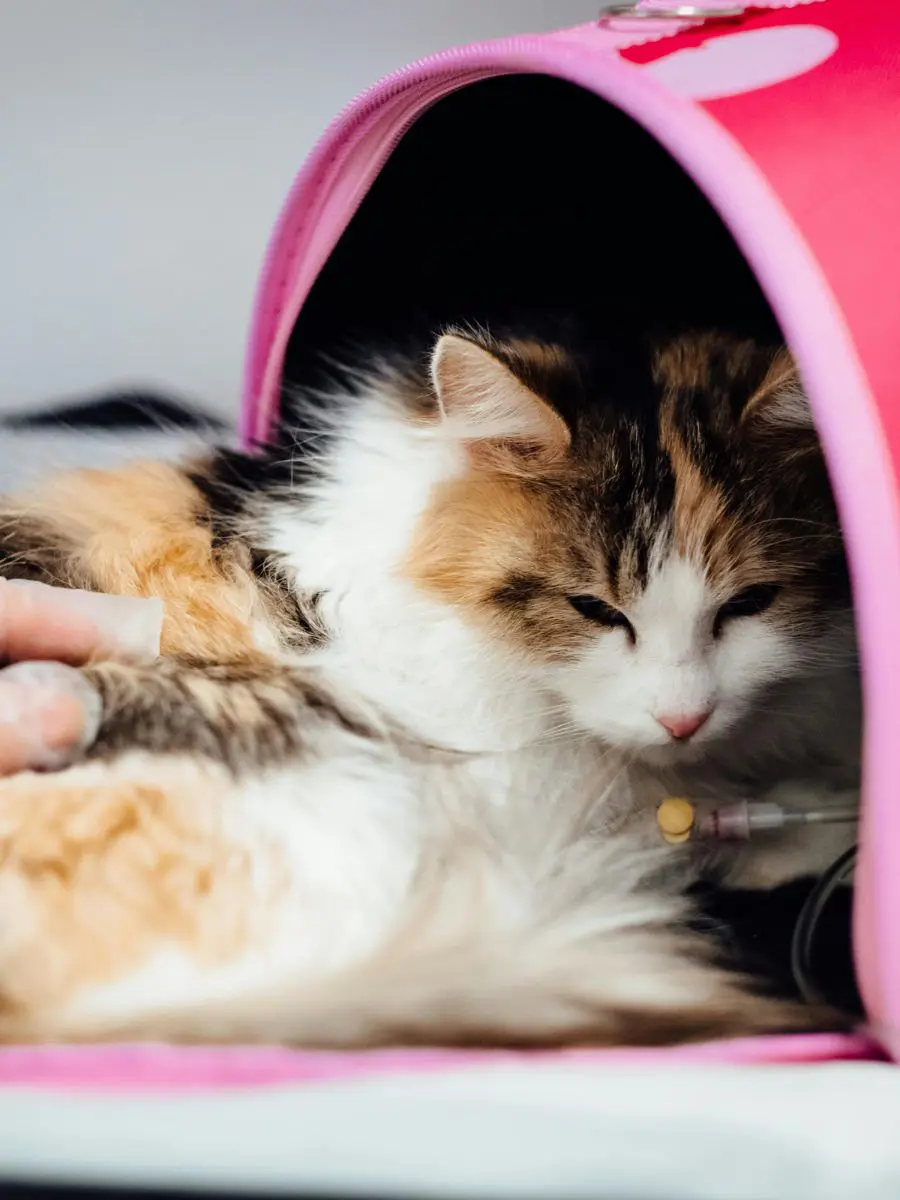
Since most chronic infections constantly stress the available body resources and general health, cats can lose a great deal of weight. As opposed to acute illnesses, which are resolved in most cases within a fairly short period, chronic infection may last months or even years and is habitually linked with continuous symptoms and inflammation.
Chronic infections might lead to loss of appetite since the pet's body is wasting its power fighting the disease and is not focused on its normal functions. Other than this, chronic infections most often lead to systemic disorders, which contribute to fever, general malaise, gastrointestinal problems, and hence weight loss.
Treatment of chronic infections is mostly directed at managing the underlying disease and mitigation of symptoms, this likely will involve long-term antibiotics or antiviral medications to treat the infection and supportive care to preserve the cat's nutritional status and general health.
16. Malnutrition
If the diet yields insufficient foods to keep the cat healthy, this leads to an unhealthy state of affairs. This forms the basis of a series of serious health problems, and weight loss is just one of them.
Sometimes, certain medical conditions disturb the absorption of nutrition. Common causes of this disease include poor or bad dieting and feeding problems. Some chronic disorders, like kidney or gastrointestinal disorders, are responsible for too many cats suffering from a lack of nutrition.
Nutritional deficiencies in any of the key vitamins, minerals, proteins, or fats can fail to succeed in good health and weight.
17. Environmental Changes
Environmental changes can be very stressful to a cat and cause apparent weight loss. The addition of new pets or people, or even a change in their daily routine or move to a new home, can put them under immense stress.
This can subsequently result in a chain of aberrations, one of which might cause eating pattern variations. For instance, this change might be the feline suddenly losing interest in its food or completely refusing to eat.
This increase in stress levels is accompanied by a corresponding decrease in intake, which could all add up to drastic weight losses and deteriorated health conditions in the long run. It can also lead to behavioral changes such as increased hiding, aggression, or excessive grooming, which can further exacerbate weight loss and stress-related issues.
18. Pain
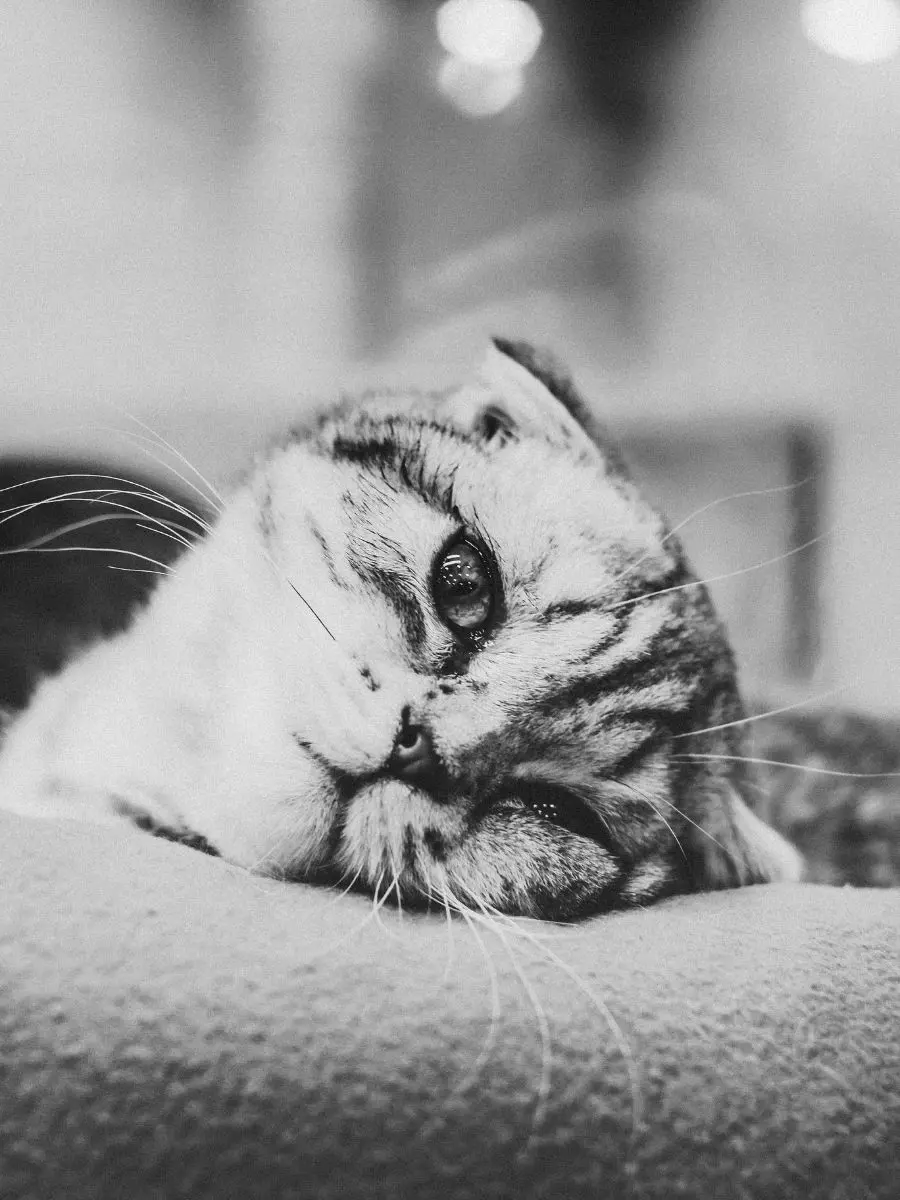
Pain may often lead to great emaciation and deterioration of health status since the cats become incapacitated to eat, move, and do other usual activities. Sometimes, they really bear a huge amount of pain due to the existence of arthritic conditions, dental-related diseases, injuries, and even some internal conditions like tumors or organ diseases.
Chronic pain can dull a cat's appetite, making them uninterested in eating the food needed to maintain proper weight. It may also manifest behaviorally, where felines hide more, act more aggressively, or are less interactive with people and other pets.
Pain treatment should be focussed on the originating cause and, if that is not possible, then the alleviation of symptoms to enhance the pet's quality of life.
Recent posts
Cats
How Much to Feed a Kitten: A Complete Chart, Schedule And Caring Guide
As cats are fast-growing, their nutrient requirement can change quickly, sometimes within a few days. Generally, a food schedule consisting of small amounts spread throughout the day is much better than feeding 2-3 large meals. If you are unaware of ...
Why Is My Cat Throwing Up? 16 Common Reasons
Your cat doesn't always give you a clue why their tummy is troubling them so much that it is hurling hairballs or something more serious. Why does your cat vomit? From simple dietary indiscretions to a myriad of other common and complex conditions, t...
A Step By Step Guide On How To Give A Cat A Pill
Since cats are regarded for their independence and generally tend to refuse to take medications, giving them a pill can be a tough attempt for many pet owners. This makes the process stressful for both the pet and the owner. This guide is supposed to...
18 Signs A Cat Is Dying
One of the most difficult things to witness as a pet owner is seeing your feline's degrading condition. They are known to hide their pain and discomfort during the end of their lives. It is important to know the signs a cat is dying to offer comfort ...
Cat Poop Color Chart: How To Tell If Your Cat's Poo is Healthy
Monitoring your cat’s poop can offer essential clues about their health. While it appears to be a messy chore, taking note of the color, texture, and consistency of your cat's stool can warn you of underlying health troubles. The cat poop color...
15 Hypoallergenic Cat Breeds
Fur shedding, while a routine part of a cat's hygiene, can be a source of irritation to their owners. Especially in people allergic to protein excreted by cats, this can be a serious problem. Despite pet parents' fascination with perfect hypoallergen...
